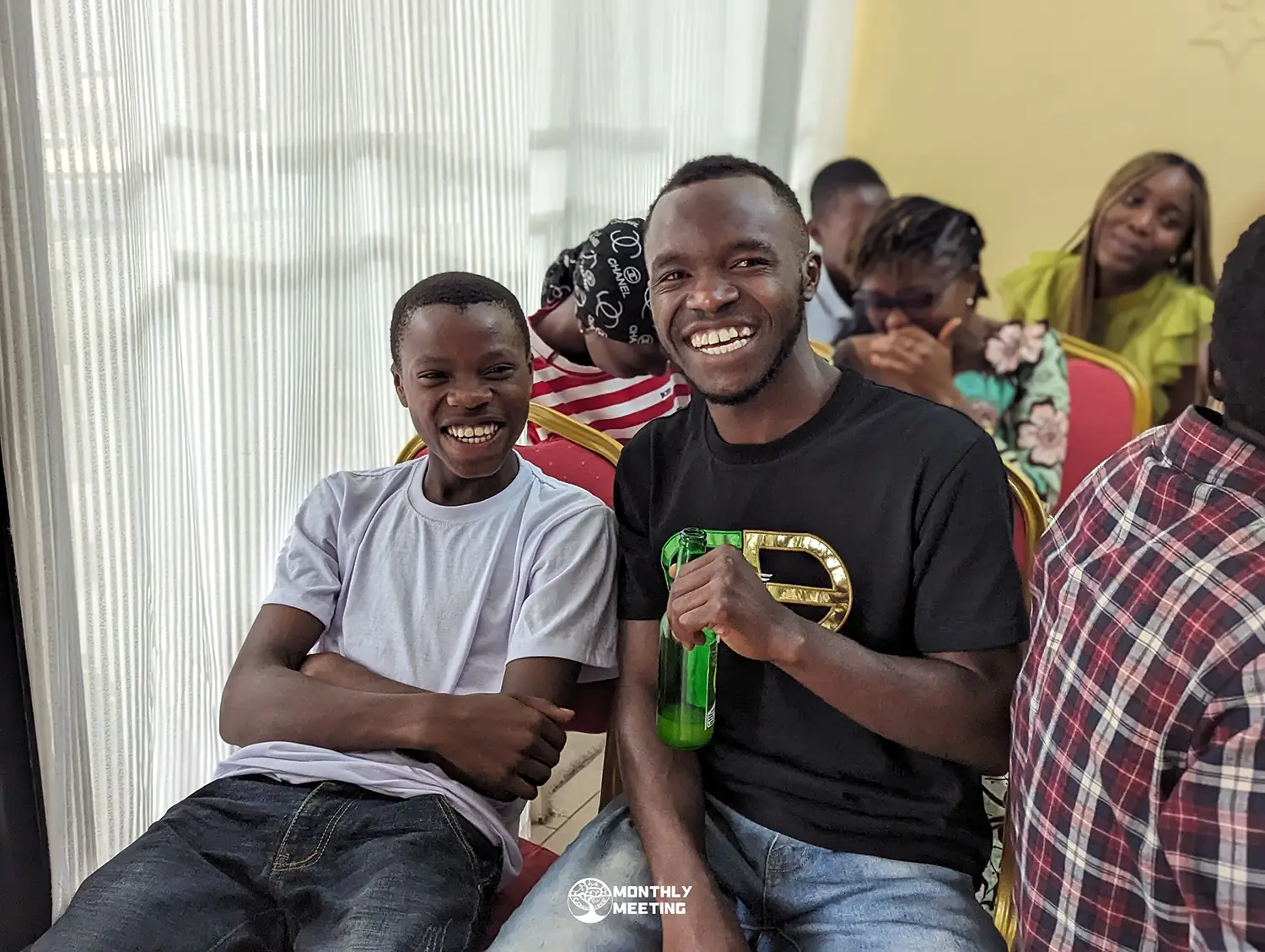
Our story begins with a chance meeting between two aid workers in Goma, the capital city of the eastern North Kivu province in the Democratic Republic of Congo. Our founders became fast friends, sharing a love of the DR Congo, a background in social work and youth, and a determination to support the country’s passionate, hopeful, and very bright young people. Four months later, with the help of a driven team of Congolese colleagues, The Congo Tree was born.
We ran our very first leadership training programme, WYLD, back in April 2013. Since then, more than 1,000 young people have been a part in WYLD and have gone on become leaders in their own community, open their own businesses, and have even been chosen to represent young people in the DR Congo at a provincial and national level. Our story is just beginning.
The Democratic Republic of Congo is one of the largest countries in Africa. Home to mountainous rainforests, sprawling savannah, and a rich cultural history, the DR Congo is abundant in natural resources and some of the rarest minerals in the world. If you’re reading this on a mobile phone or scrolling through on your laptop, chances your device contains minerals harvested from DR Congo.
The DR Congo has experienced decades of violent armed conflict. Many parts of the country are still affected by ongoing violence among a myriad of armed groups, forcing hundreds of thousands of families to flee their homes in search of safety in neighbouring communities. As of 2025, more than 6.9 million people are internally displaced across the entire country; of those, more than five million alone are located in the troubled eastern region where we work. Extremely limited public infrastructure means essential services life safe drinking water, urgent health care, shelter, and safe roads are few and far between.
Around 65 percent of the population of the DR Congo is under the age of 25. Though many of DR Congo’s young people have grown up against a background of armed conflict, they’re also determined to change the story of the country they call home. Today, Congolese youth are tackling challenges like the climate emergency and forced migration, and are campaigning for sustainable peace. They’re starting their own businesses, forming friendships across once insurmountable divides, and supporting vulnerable members of their community through self-run social development programmes.
Congolese youth know what they are doing when it comes to building a better tomorrow. All we’re doing is equipping them with the skills and tools they need to get them on their way.
Sources: International Labour Organization, UN Children’s Fund, UN Environment Programme, UN Office for the Coordination of Humanitarian Affairs, UN Refugee Agency, and the World Bank.
We work at a grassroots level to help young people bring about transformative change in their community. Our programmes in the Democratic Republic of Congo build on the hope, passion, and determination of the youth we serve. They are designed and run by colleagues who have grown up in the same complicated contexts that our young people have, and who therefore understand the many challenges – and opportunities – they face. We believe in our young people’s unique dreams and talents, and give them a safe to learn and grow.
We provide leadership training through our three-year WYLD programme and offer grants for young entrepreneurs through our Mwanzo Enterprise and Mwanzo Artistique programmes. Through our Projet École programme, we provide peacebuilding and intra-community activities primary schools in remote areas of eastern DR Congo.
Our work doesn’t stop at the DR Congo’s borders. Our half-day schools programme in the UK works with primary and secondary students about the daily realities of life in the DR Congo, and help them realise the potential they have to be changemakers in their own communities.
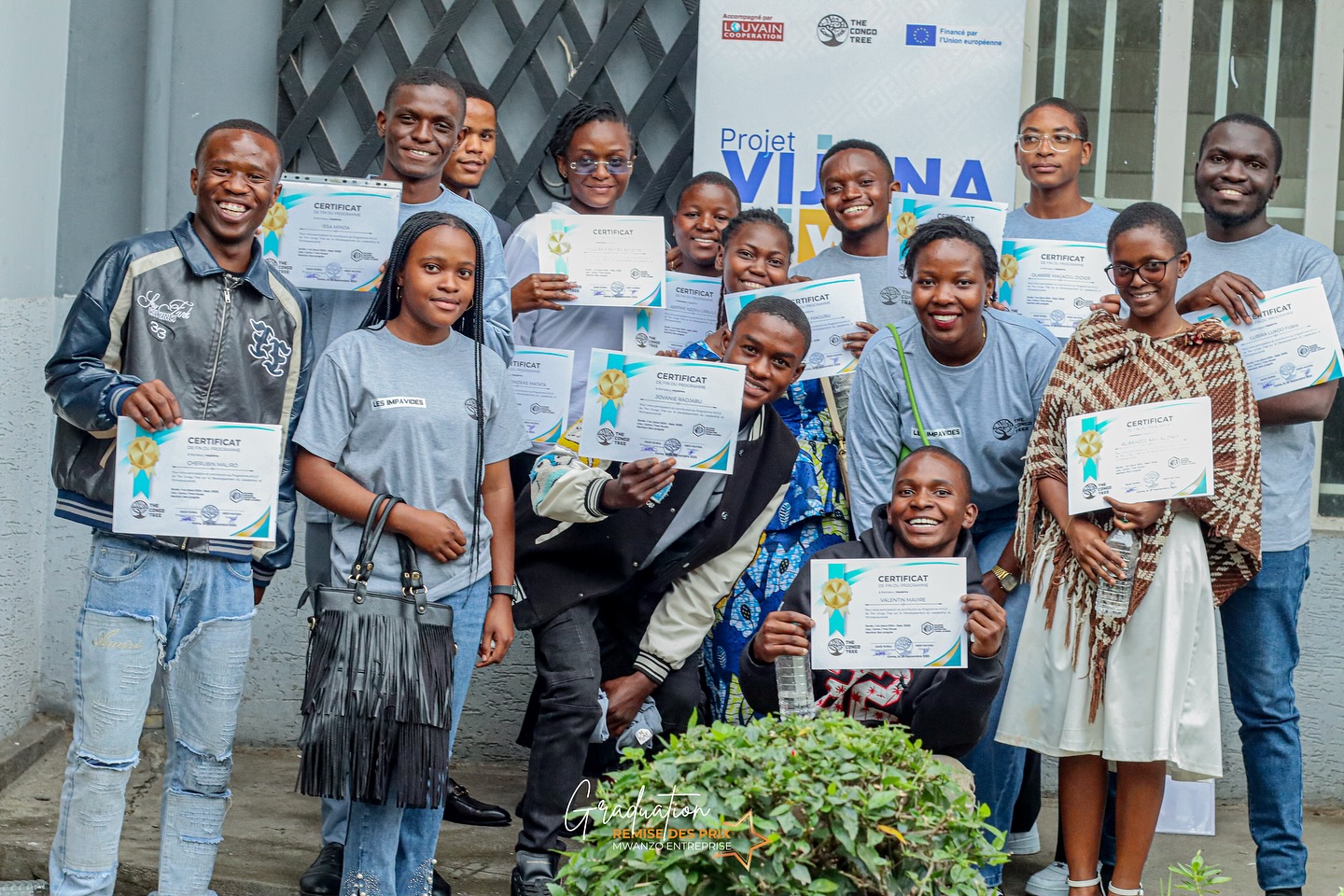
INSPIRING: Everyone can be inspired and be inspirational, and every person is called to inspire within their own environment – this comes from a heart of integrity and is played out in the home, community and further.
YOUTHFUL: We want to embrace the energy and vibrancy of youth, the passion and determination of youth, and to capture the hopefulness of youth, looking at the world with fresh eyes – regardless of age.
TOGETHER: We believe that we flourish when we come together as individuals, each bringing our specific qualities that contribute to a strong team. We work together. We reflect together. We journey together.
INCLUSIVE: We celebrate the diversity of each individual. We strive to be an organisation that provides a safe, equal, and welcoming space regardless of background, experience, race, tribe, ability, wealth, gender, ethnicity, belief or none.
CREATIVE: We believe that everyone is creative in their own way. We know that change often comes through approaching things in a fresh way. We encourage creative thinking and creative action.
SERVANT HEARTED: We aspire to embody and promote leadership that serves with honesty, integrity and compassion. Our actions promote the wellbeing of others in our families, communities and world.
We have one team in two countries. Our main team is based in the DRC, and a second team that works behind-the-scenes in the UK.
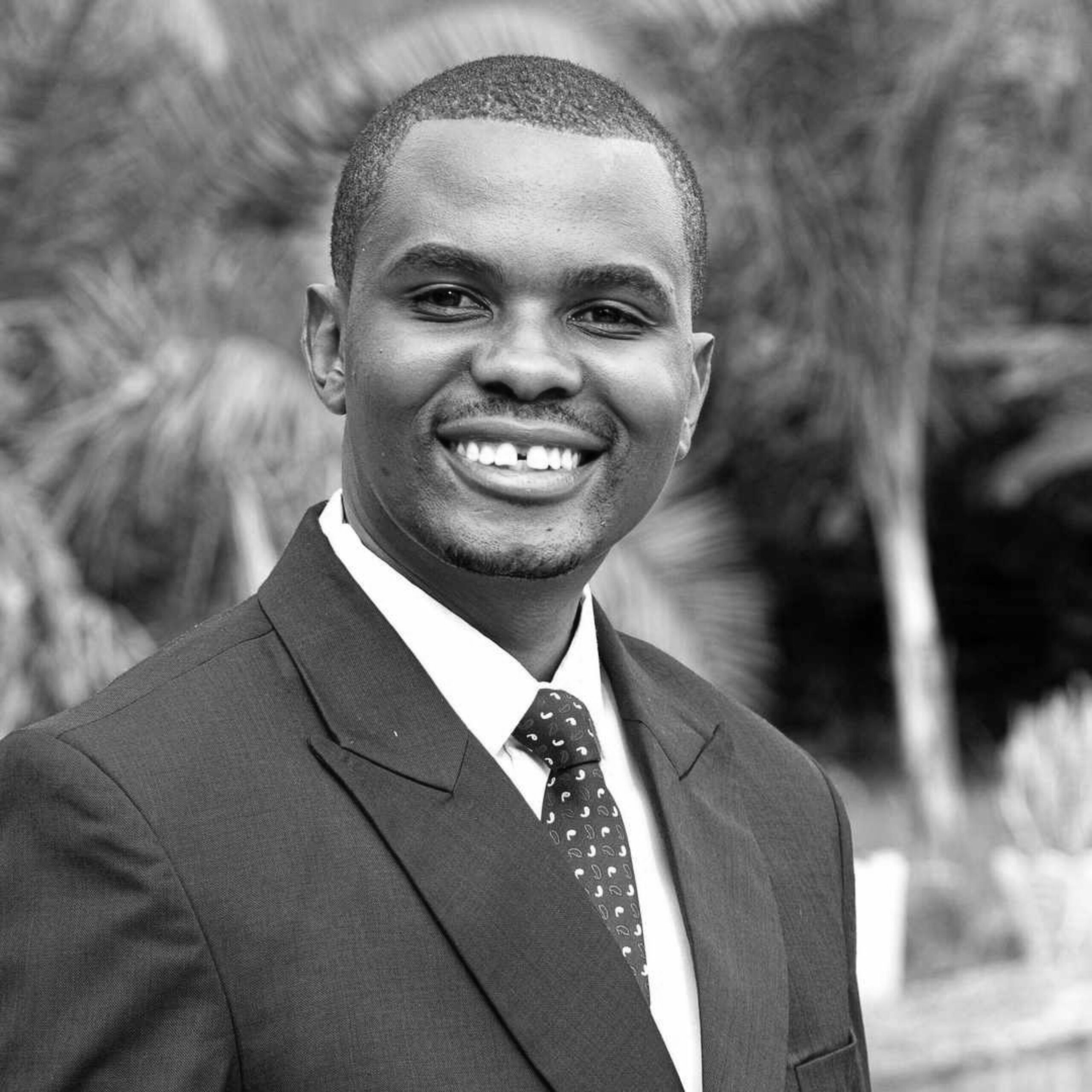
Director
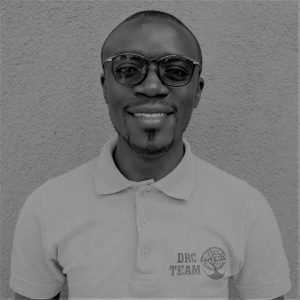
Programmes Coordinator
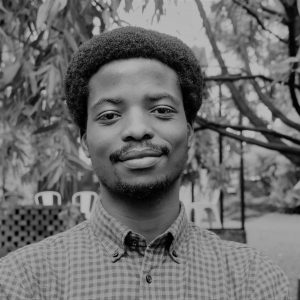
Engagement Officer
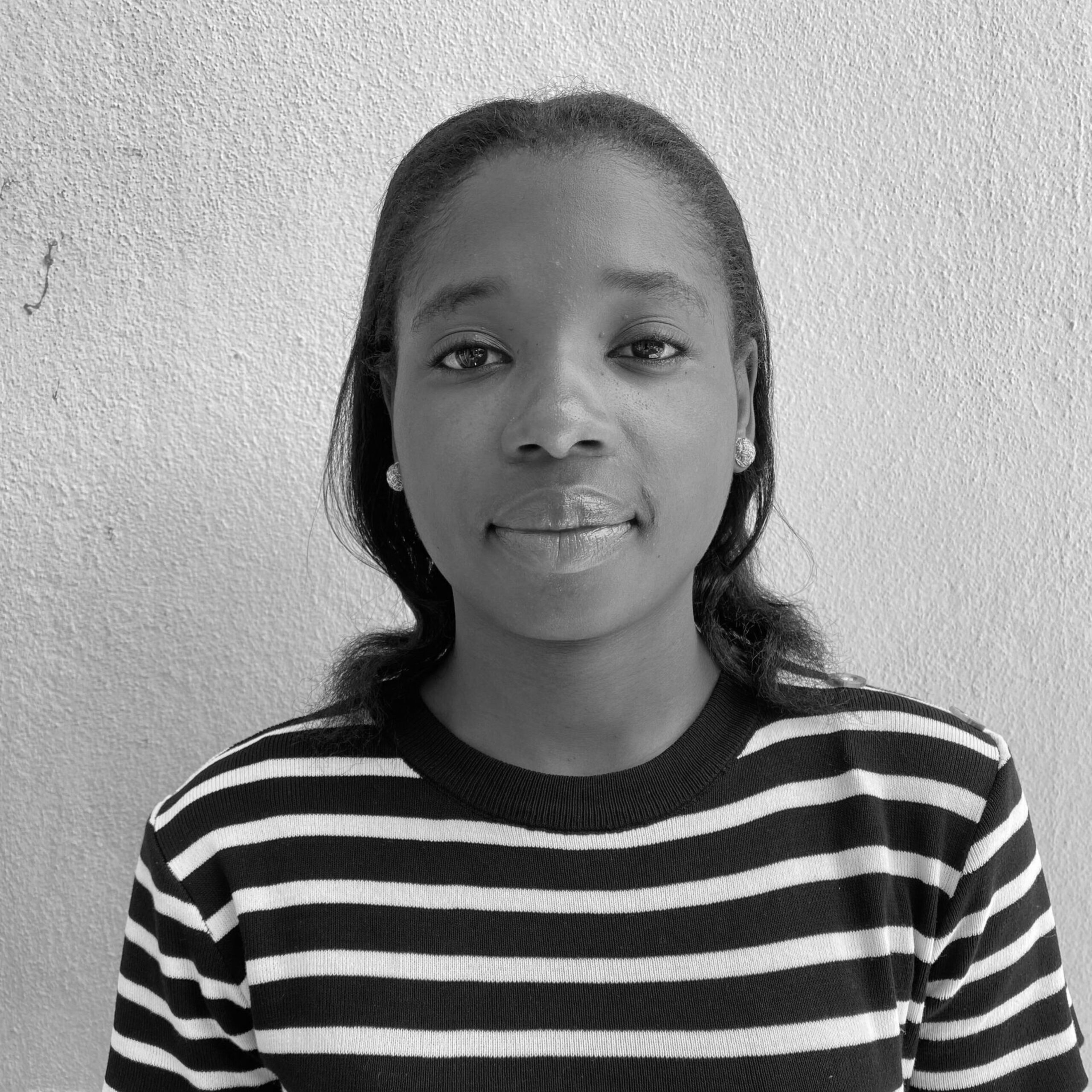
Finance Officer (Intern)
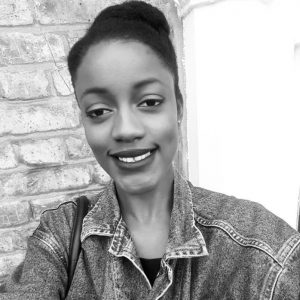
UK Supporter Engagement and Secretary to the Board
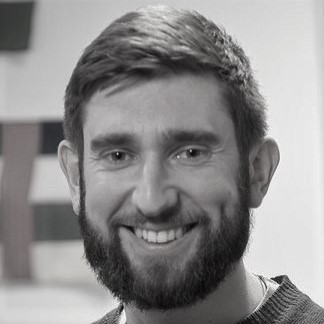
Trustee and Co-Chair
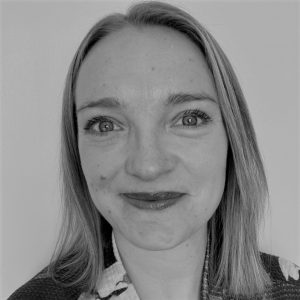
Trustee and Co-Chair
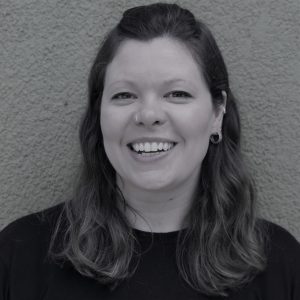
Trustee and Founding Member

Trustee
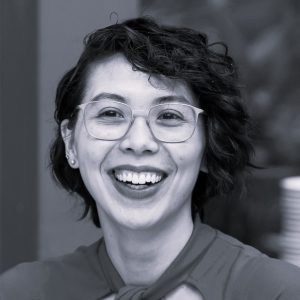
Trustee
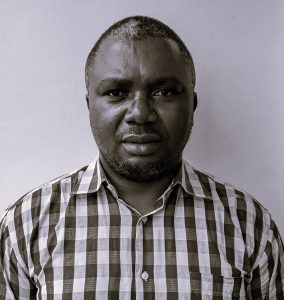
Trustee
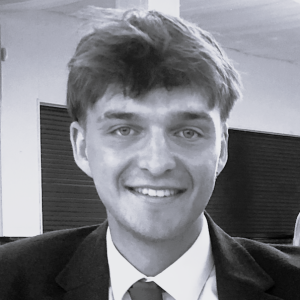
Trustee
Our work is possible only because of the generous support we receive from trusts, partners, and individual donors who share our passion for supporting young people in the Democratic Republic of Congo.
Our yearly financial report is published as part of our Annual Report. Our 2024 Annual report can be viewed here.